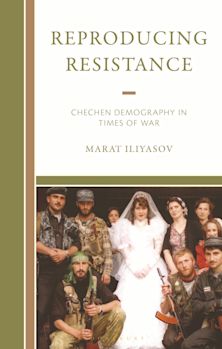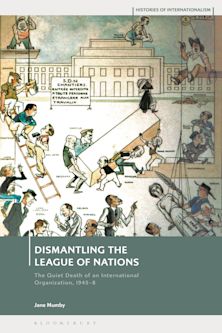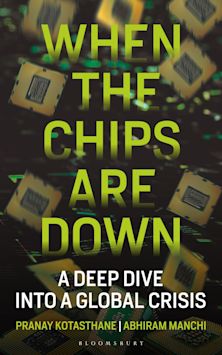The War on Terror and Terror of War
Bellicose Nationalism versus Peace and Democracy
The War on Terror and Terror of War
Bellicose Nationalism versus Peace and Democracy
Description
In this book, the author, Harry Anastasiou, explains previously unaddressed historical outcomes resulting from the combined impact of the September 11, 2001 attacks and the United States’ subsequent Global War on Terror. While expounding on the finer details of the decades-long interaction between militant jihadism and the Global War on Terror, the analysis explores two contrasting narratives: that of bellicose nationalism and that of peace and democracy. As central drivers in the historical evolution of America, their contrasting influences shaped policy, political culture and strategic approaches in both the domestic and international arenas. Throughout the post-9/11 era, mainstream America underwent significant cultural and political shifts away from the narrative of peace and democracy as it tilted towards bellicose nationalism. Focusing primarily on the presidency of George W. Bush, the book explores how nationalism harmed the rule of law, human rights and democracy, both domestically and internationally. Viewing war as a regime, rather than as a means to promote democracy, the author conducts a reality-based demythologization of war, demonstrating how costly and counterproductive it has been. In this light, he questions the historical efficacy of war as well as the way nationalism both generates and glorifies war.
Table of Contents
Chapter 2: Key Elaborations on the Nationalist Worldview
Chapter 3: Contrasts Between Bellicose Nationalism and Peace and Democracy as Worldviews
Chapter 4: The Rise of American Nationalism Post 9/11 and Unraveling of International Relations
Chapter 5: The Scope and Vision of America's Global War on Terror
Chapter 6: An Autopsy of War: The Political and Military Implications of Hard Power
Chapter 7: An Autopsy of War: Corruption as a Moral Problem or Natural Byproduct?
Chapter 8: An Autopsy of War: Nationalism, War, Truth and the Rule of Law
Chapter 9: An Autopsy of War: War as a Regime Versus the Regime of Peace and Democracy
Conclusion: The Obama and Trump Administrations that Followed
Product details
| Published | Apr 04 2023 |
|---|---|
| Format | Ebook (PDF) |
| Edition | 1st |
| Extent | 1 |
| ISBN | 9781978774940 |
| Imprint | Lexington Books |
| Publisher | Bloomsbury Publishing |
Reviews

ONLINE RESOURCES
Bloomsbury Collections
This book is available on Bloomsbury Collections where your library has access.

































